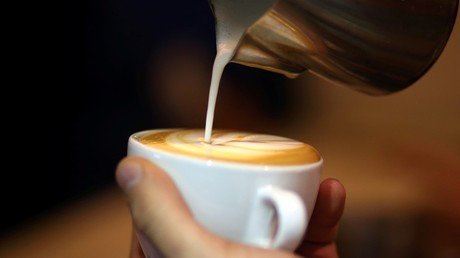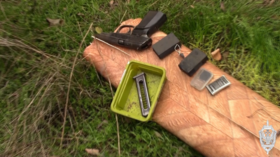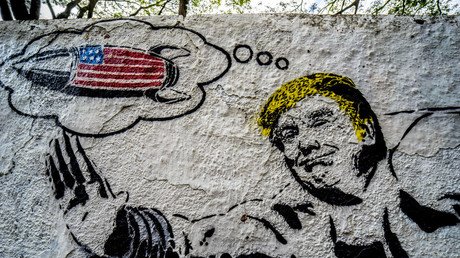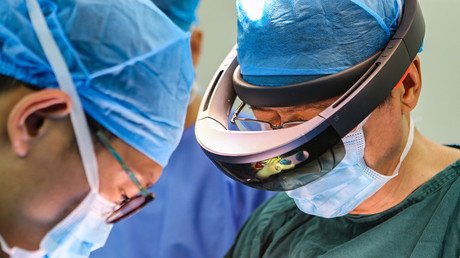S. Korean govt adds to kids’ daily grind by banning coffee in schools
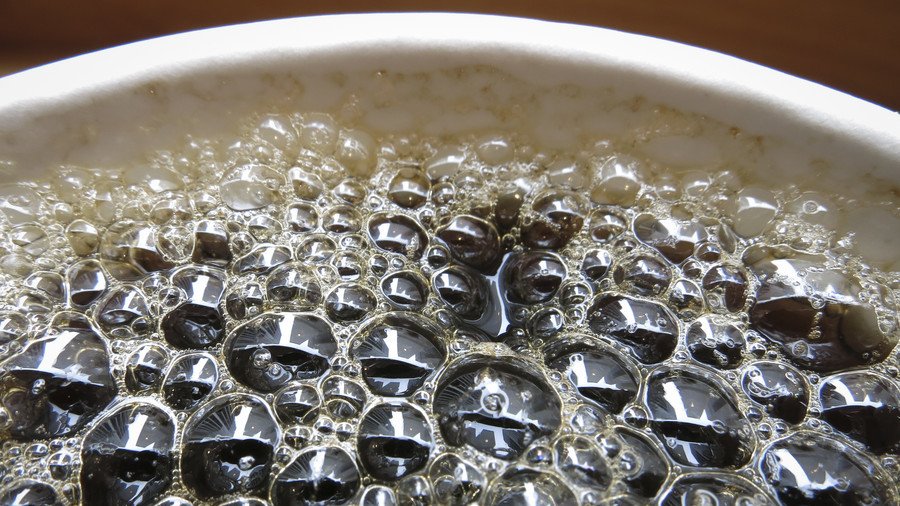
The South Korean government is banning the sale of coffee in schools nationwide in an effort to curb increasing childhood obesity amid reports of heart palpitations, nausea, anxiety and dizziness among students.
The ban on the sale of coffee in school vending machines and canteens will take effect on September 14, as the government attempts to promote healthier lifestyle choices among young students.
“The revision aims to create healthy eating habits among children and teenagers,” an unnamed Ministry of Food and Drug Safety official said on Tuesday, as cited by The Korea Times.
“We will make sure coffee is banned at schools without fail. We have notified schools of the coffee ban across the nation through cooperation with the Education Ministry,” the official added.
The ban comes amid wider efforts to reduce high-calorie and high-caffeine-content foods and drinks among the country’s young people. South Koreans average the most caffeinated drinks per capita in Asia at 181 cups of coffee per year. This figure still pales in comparison to American consumers, who average 266 cups per year, according to analysis by Euromonitor.
The South Korean government heavily restricted the sale of energy drinks earlier in 2018 in addition to banning televised advertisements for fast food and high-sugar, high-caffeine foods and beverages. Authorities in the UK are also proposing a ban on the sale of energy drinks to minors amid concerns over the long-term impact of their high-caffeine and high-sugar content.
Like this story? Share it with a friend!
